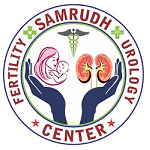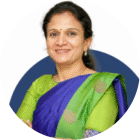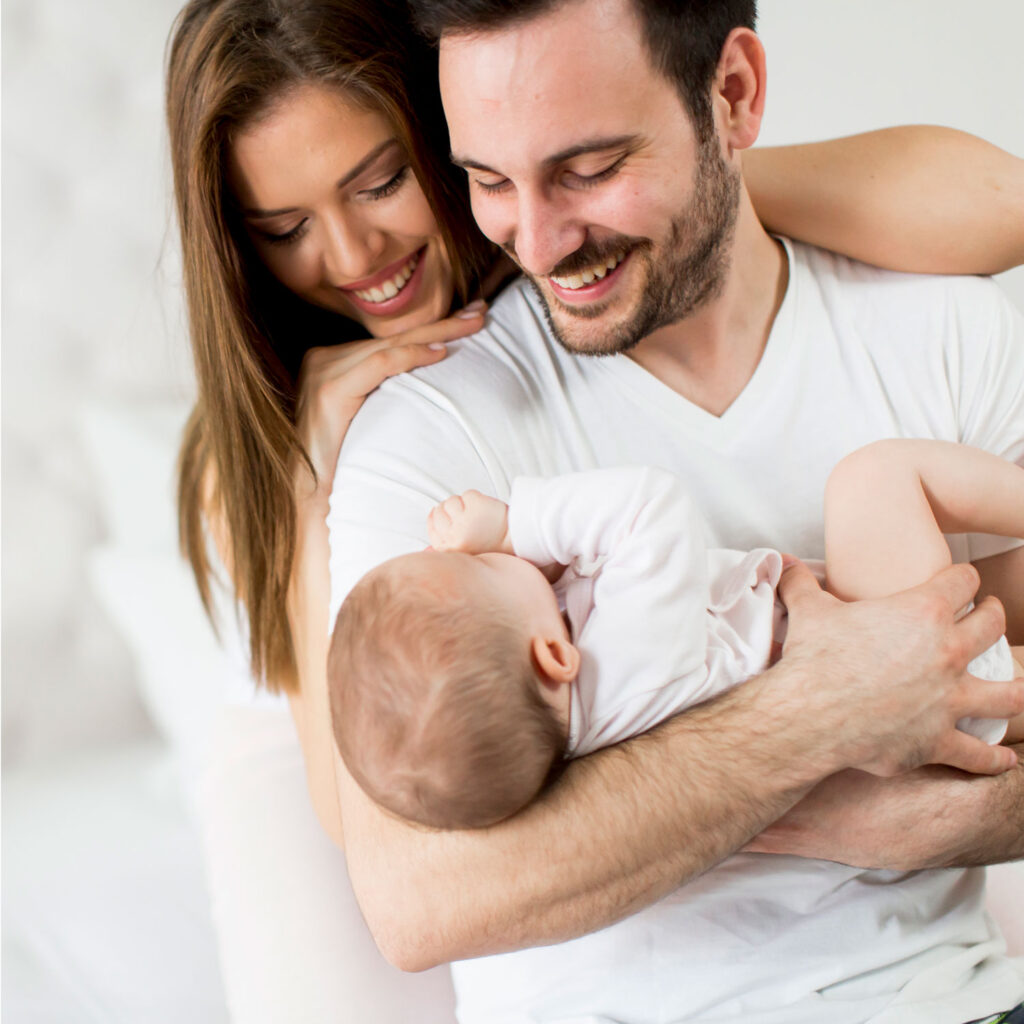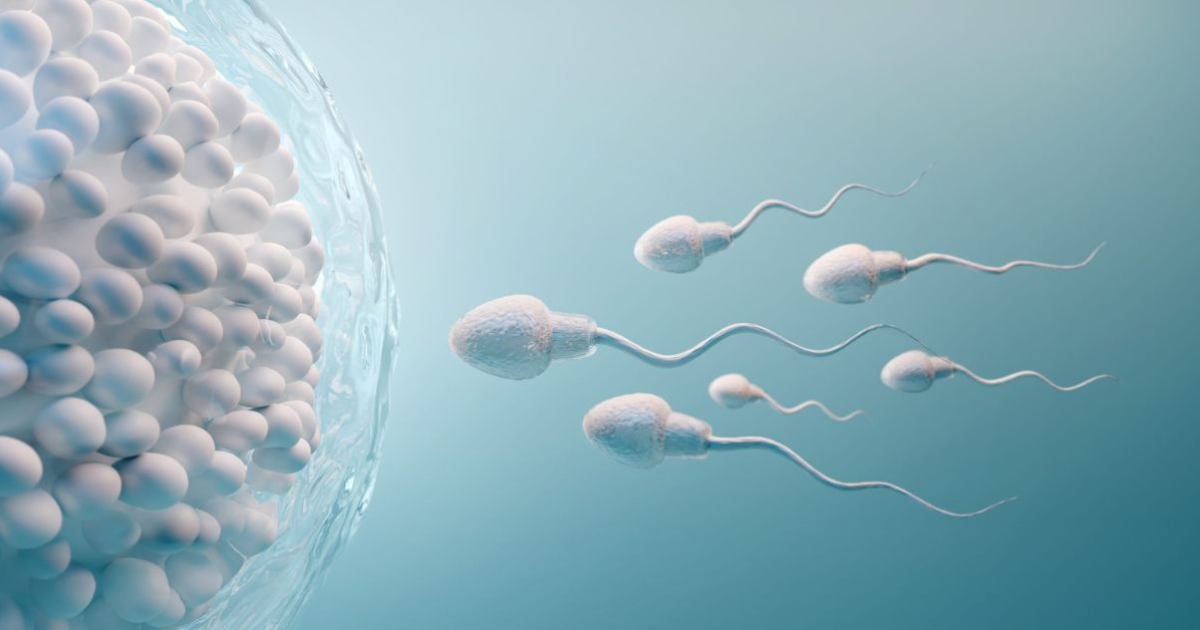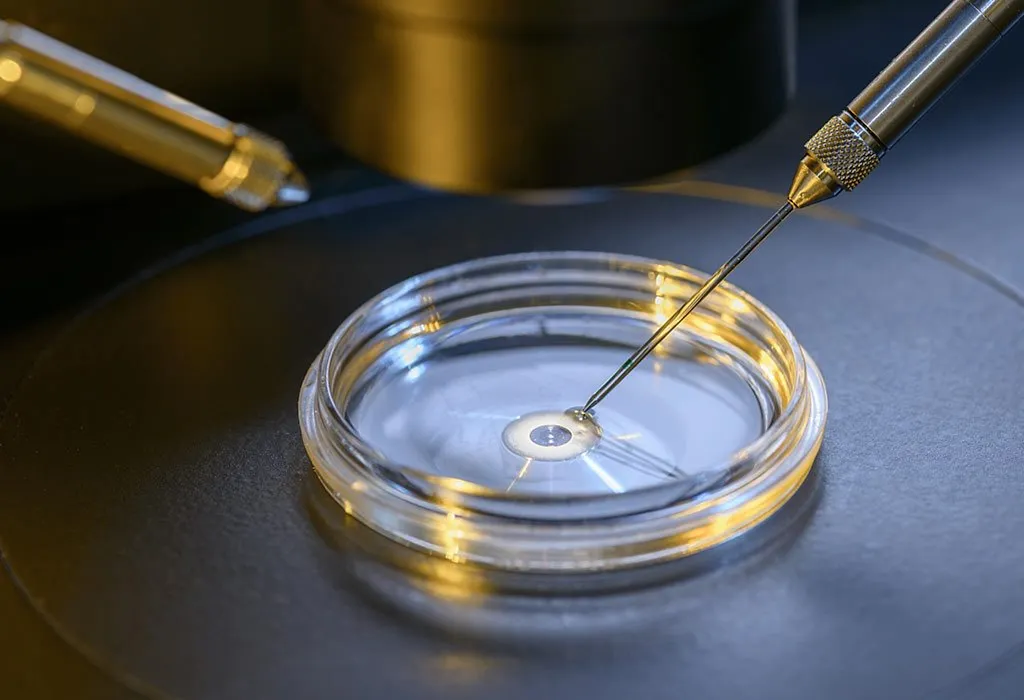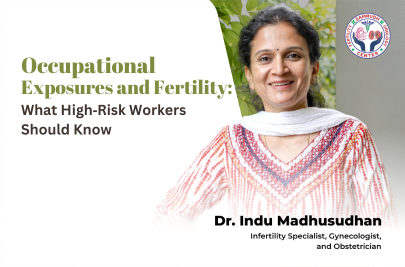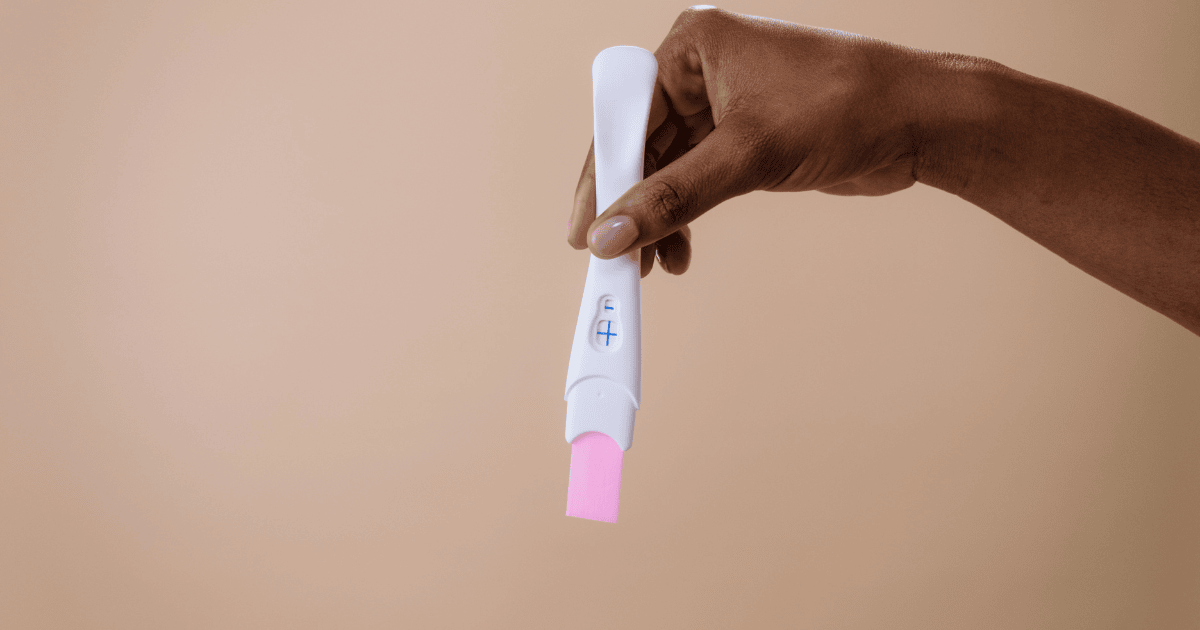The journey to parenthood can be challenging, particularly as women face age-related fertility changes. For postmenopausal women, natural conception is no longer possible due to the cessation of ovarian function. However, IVF (In Vitro Fertilization) remains a viable option, providing hope for women who wish to conceive after menopause. With advances in reproductive medicine, age is no longer an absolute barrier, but careful planning and medical guidance are essential.
Understanding Menopause
Menopause typically occurs between the ages of 45 and 55 and marks the end of a woman’s reproductive years. During this phase:
Ovaries stop releasing eggs.
Hormone levels, particularly estrogen and progesterone, decline.
Common symptoms include hot flashes, mood changes, irregular periods, and sleep disturbances.
While menopause signifies the end of natural fertility, reproductive technology such as IVF enables women to achieve pregnancy using donor eggs, making postmenopausal parenthood possible.
The Possibility of IVF After Menopause
IVF can be performed after menopause, but it requires specific interventions. Postmenopausal women cannot use their own eggs due to diminished ovarian function. Key considerations include:
Donor Eggs: Viable eggs are sourced from donors.
Hormone Replacement Therapy: Prepares the uterine lining for implantation.
Medical Evaluation: Ensures the uterus and overall health can support pregnancy.
These steps create the foundation for a safe and successful IVF journey.
Donor Eggs: A Key Component
Donor eggs are the cornerstone of postmenopausal IVF. Depending on availability and personal preference, eggs may be sourced from:
Anonymous donors through egg donation programs.
Friends or family members willing to donate eggs.
The use of donor eggs significantly improves success rates, as they are typically retrieved from younger, healthy women with optimal fertility potential.
Data Insight:
Research indicates that IVF success rates using donor eggs remain high even in women aged 50 and above, with clinical pregnancy rates ranging from 50% to 60% per cycle.
Hormone Replacement Therapy and Uterine Preparation
For successful implantation, the uterus must be hormonally prepared. Hormone Replacement Therapy (HRT) is essential for postmenopausal IVF and involves:
Estrogen Supplementation: Thickens the endometrial lining to create a receptive environment.
Progesterone Support: Stabilizes the uterine lining and supports early pregnancy.
Regular monitoring of hormone levels ensures the endometrium is optimal for embryo transfer, enhancing the chances of successful implantation.
The IVF Process for Postmenopausal Women
The IVF process after menopause closely mirrors conventional IVF, with additional preparation steps. Key stages include:
Consultation and Evaluation:
Fertility specialists assess medical history, overall health, and uterine suitability.Hormonal Preparation:
Hormone therapy optimizes the uterine lining for implantation.Egg Retrieval and Fertilization:
Donor eggs are fertilized with sperm (partner or donor) in a laboratory.Embryo Transfer:
Fertilized embryos are implanted into the uterus under careful medical supervision.Pregnancy Test:
Conducted about two weeks post-transfer to confirm implantation success.
Table: IVF Process Timeline for Postmenopausal Women
| Step | Description | Duration |
|---|---|---|
| Consultation & Evaluation | Medical history, health assessment | 1 week |
| Hormonal Preparation | Estrogen & progesterone therapy | 2-4 weeks |
| Egg Retrieval & Fertilization | Donor egg fertilization in lab | 1 day |
| Embryo Transfer | Implantation into uterus | 1 day |
| Pregnancy Confirmation | Blood test for β-hCG | 2 weeks |
Success Rates and Key Considerations
IVF success after menopause depends on several factors:
Quality of Donor Eggs: Younger, healthy eggs improve implantation rates.
Maternal Health: Conditions such as hypertension, diabetes, or thyroid disorders can influence outcomes.
Clinic Expertise: Experienced fertility centers like Samrudh in Bangalore provide personalized care, boosting success rates.
Data Insight:
Clinical studies indicate postmenopausal IVF success is comparable to women in their 30s when donor eggs are used, emphasizing the importance of egg quality over maternal age.
Potential Risks of IVF After Menopause
While IVF offers hope, postmenopausal pregnancy carries certain risks:
Medical Complications: Increased chances of gestational diabetes, preeclampsia, and preterm birth.
Emotional Stress: The IVF process can be emotionally taxing; psychological support is important.
Financial Considerations: Multiple IVF cycles or donor programs can be expensive.
Women should be aware of these risks and work closely with healthcare providers to minimize complications.
Choosing the Right Fertility Clinic
Selecting a trusted fertility clinic is essential for successful postmenopausal IVF. Considerations include:
Experienced fertility specialists.
Advanced laboratory and IVF technologies.
Comprehensive patient care, including psychological support.
Transparent pricing and financial guidance.
Samrudh Fertility and Urology Centre in Bangalore offers all these services, providing specialized care for women seeking IVF after menopause.
Conclusion
IVF after menopause offers new possibilities for women who wish to become mothers later in life. Using donor eggs, hormone therapy, and expert medical guidance, postmenopausal women can achieve pregnancy safely. While age introduces certain risks, advanced reproductive technologies and experienced clinics provide hope, support, and personalized care. Women considering IVF after menopause should consult specialists to evaluate their options and embark on this transformative journey with confidence.
FAQs
- How long does the entire IVF process take?
The IVF process typically takes several months, from the initial consultation to embryo transfer, depending on individual circumstances. - Is IVF safe after menopause?
Yes, with proper medical supervision and care, it is safe to undergo IVF after menopause. A thorough evaluation is essential before proceeding. - What are the success rates of IVF after menopause?
Success rates vary and depend on factors such as the quality of donor eggs and overall health. Many women have successfully conceived using this method. - Are there emotional considerations when pursuing IVF after menopause?
Yes, emotional support is vital during this journey. Counseling can help address feelings of anxiety or stress. - What should I do if I want to explore my options?
Schedule a consultation with a fertility specialist who can provide guidance tailored to your unique situation and needs.

